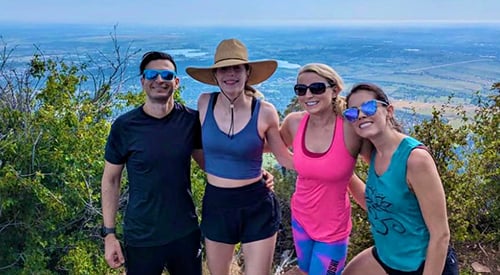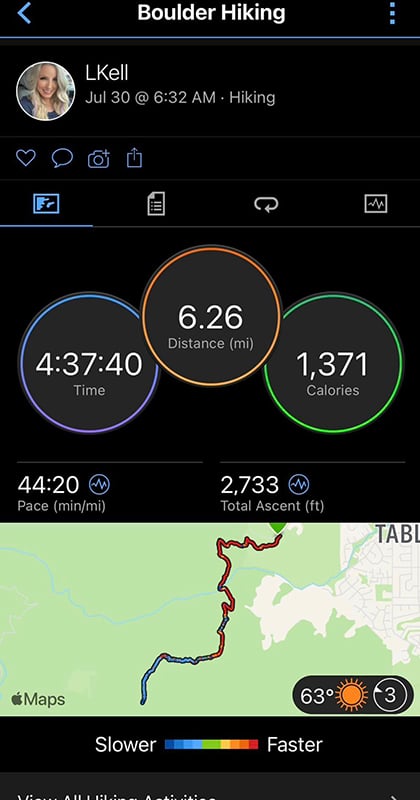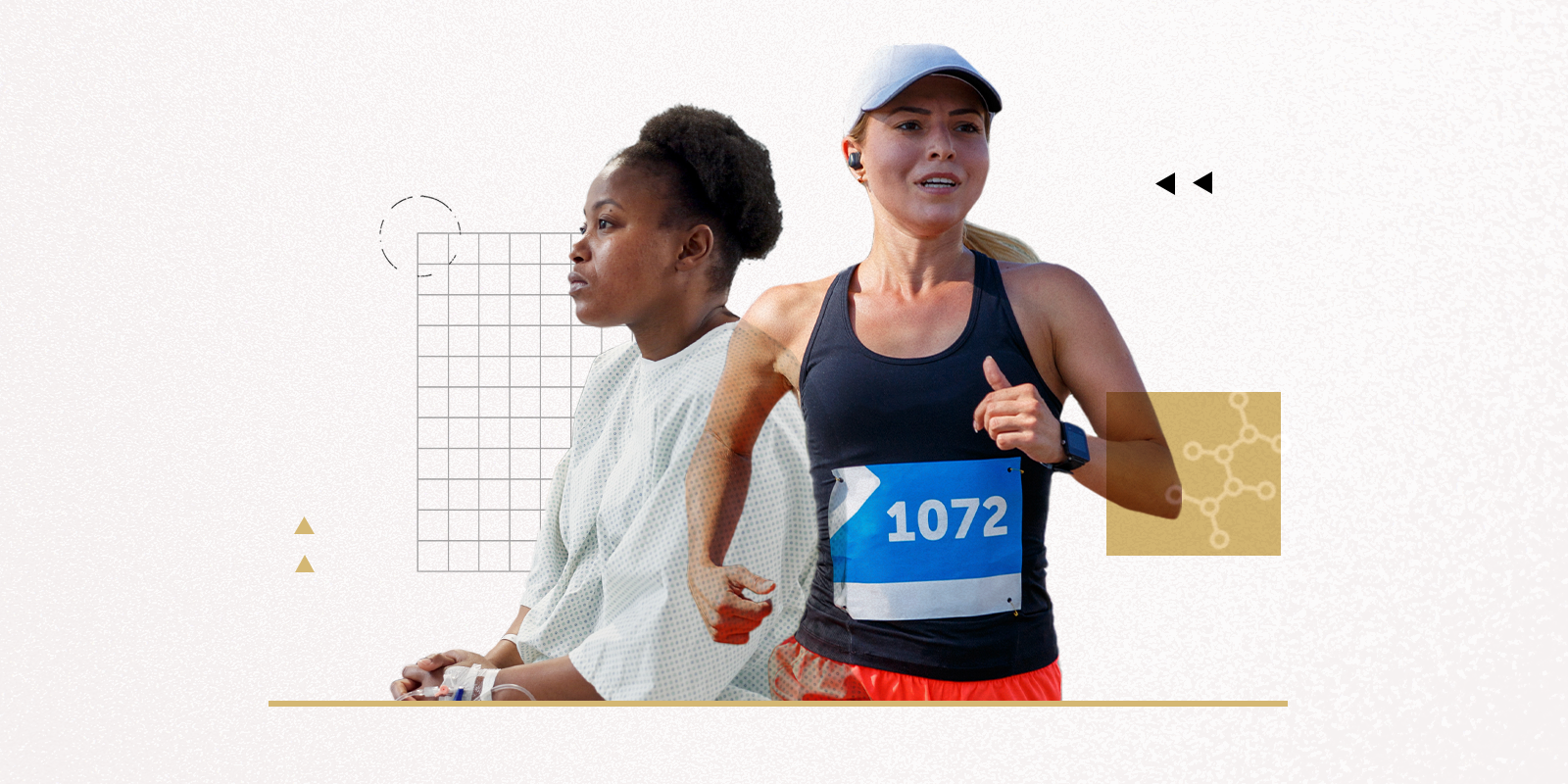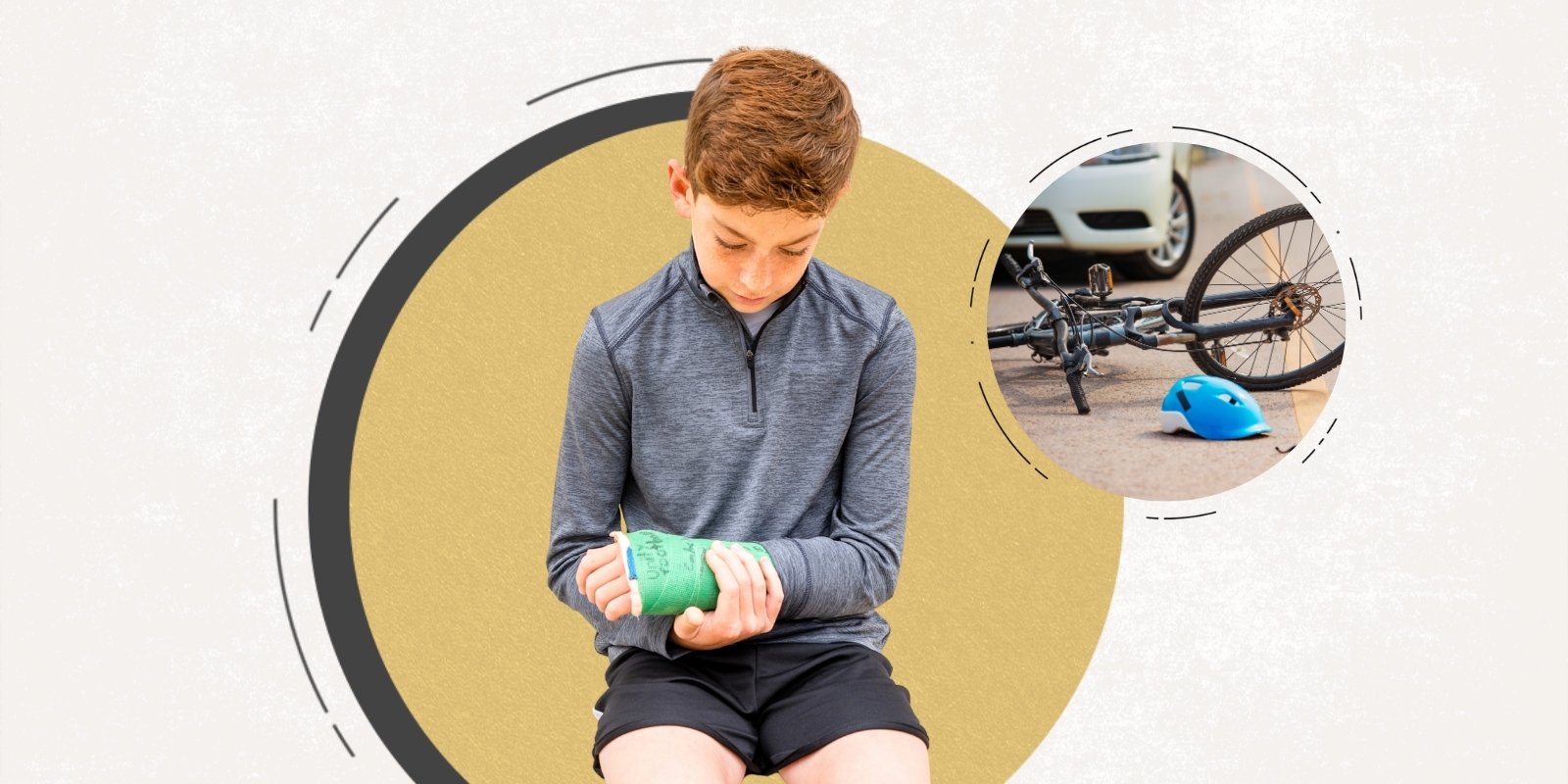Trekking up the final leg of Fern Canyon Trail to Bear Peak, my quads were on fire, my heart was pounding, and oxygen was at a premium. Climbing to one of Boulder’s highest peaks has always tested my mental and physical stamina. But this time, I came armed with a new tool that would tell me more about the 1,700-foot vertical ascent and my health.
It’s been about two months since I bought a new health and fitness tracker that I have now used on numerous hikes and jaunts to the gym. In fact, it rarely leaves my wrist. During that short time, I have learned more than I could have imagined about my general health.
|
Author Laura Kelley (second from right) is with a group of friends on a recent hike in Boulder. Steve Stoytchev, far left, has been using a fitness tracker for over a year. |
I knew I would be able to track simple things like calorie burn, heart rate and steps. What I didn’t expect was the accuracy I seemed to receive when it came to sleep patterns, stress levels and recommended recovery time following an activity. While I sometimes ignore its imperious advice when it comes to recovery, I can honestly say it has been rather accurate whether I decided to heed its instructions or not.
Still, it made me wonder how much I could really rely on the data coming from a piece of technology attached to my wrist. I brought in some experts to weigh in.
Seth Creasy, PhD, is an assistant professor of endocrinology at the University of Colorado School of Medicine. He says these devices have become more reliable over the years but that the data should only be used as a guide.
Strengths and Weaknesses
“Fitness trackers are typically pretty accurate at measuring steps and minutes of physical activity, and physical activity intensity. These trackers are designed to measure movement, and they do a pretty good job of quantifying movement behaviors, so relying on them for those types of measurements is OK,” Creasy said. “The heart-rate measurements on these fitness trackers have dramatically improved over the past five to 10 years. At this point, most devices are relatively accurate at measuring heart rate both at rest and during exercise.”
|
|
Creasy warns the trackers are not without their weaknesses. He says the sleep metrics are a little less reliable and cannot accurately measure sleep stages like deep sleep. The same goes for the VO2 max measurements, a marker of your fitness level. These are simply estimates, Creasy says. Additionally, he says that the calorie burn data is also relatively inaccurate and he cautions people from using those estimates to determine their eating behavior.
Meanwhile, mental health experts warn these tools could potentially cause issues for those already susceptive to certain disorders.
“These trackers can be dangerous for people with eating disorders. They can also be problematic for people who are not getting guidance on diet and exercise. Keeping track of calories expended, calories consumed, steps and physical activity can easily become obsessive for some,” said Emily Hemendinger, MPH, LCSW, clinical director of the OCD Program and assistant professor in the Department of Psychiatry at the University of Colorado School of Medicine.
“It can be a ‘quick’ and seemingly helpful way to feel a sense of control in one’s life,” Hemendinger said. “However, that longing for control and projection of it onto food and exercise is often indicative of other issues. Some people may find that their self-esteem and self-worth become tied to the trackers.”
‘Listen to your body’
Steve Stoytchev is a software engineer in Denver who braved the Boulder Peak climb with me. He has been using a tracker for a little over a year to monitor his health and fitness. He says it has helped him greatly improve his overall fitness and his sleep but recognizes the technology is merely a tool.
“It is right most of the time, but there have been days where I wake up feeling great and the watch says I’m tired. Or times when running or lifting weights and it fails to get my heart rate correct. Listen to your body and don’t fall into the trap of using it blindly,” Stoytchev said.
Both Stoytchev and I had similar trackers when we made the ascent to Bear Peak and both of us ended up with the same numbers when it came to mapping the trail and elevation gain. Our heart rates, VO2 max and calorie burns differed, which indicated each watch was tracking our personal fitness levels, so we were both confident in the results. My results were verified again on a hike to Lost Lake near Nederland when I compared my data with that of someone who had a completely different tracking device.
Choosing a tracker
With so many trackers on the market, Creasy says finding the right one really comes down to what you plan to use it for.
“I encourage people to pick a monitor that is accurate at tracking what they want it to track. There are monitors that are better designed to measures steps, GPS, water activities, biking etc. Other things to consider are battery life, style, waterproof capabilities, syncing capabilities with other apps, peer sharing of activity and durability of the device. The price is another important piece – not all monitors are created equally but even some of the cheaper models can be good for tracking certain things,” Creasy said.
Creasy ends that it is not a bad idea to share your results with your medical team as well if you feel comfortable.
“I tend to like having as much information as possible. It provides context and, in some cases, useful quantification of your lifestyle, which your doctor may find useful.”
Photo at top: Laura Kelley sits next to a lake on a recent hike.


 The readout on Laura Kelley’s fitness tracker during a recent hike.
The readout on Laura Kelley’s fitness tracker during a recent hike. 



